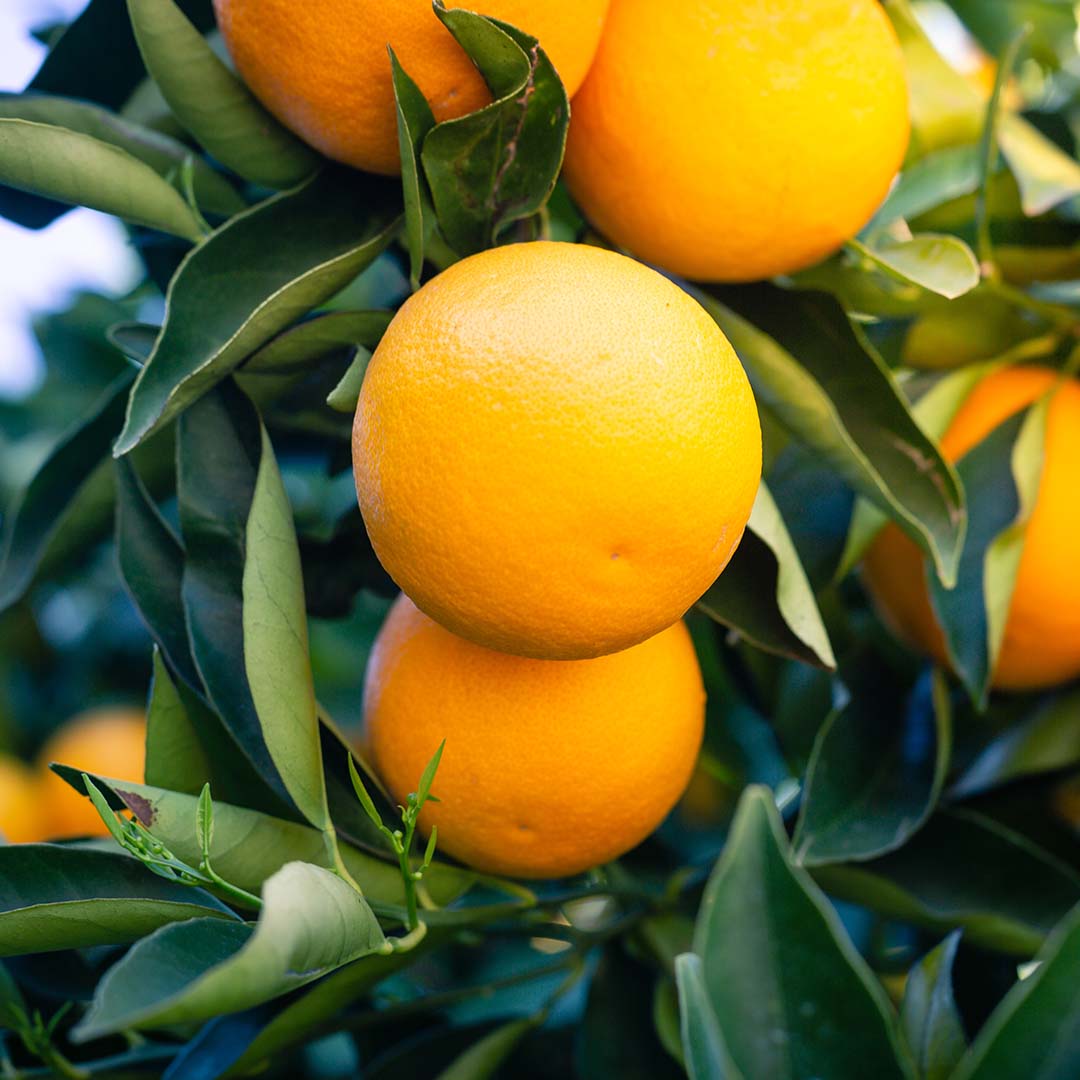Inositol
Back to ingredients
Food source: Beans, peas, grains, brown rice, nuts, bananas, cantaloupe, raisins and cabbage.
Benefits of Inositol
- Blood sugar management
- Cardiovascular health
- Pregnancy support
What is Inositol?
Inositol (or Myo-Inositol) is a type of sugar that’s used throughout our body in cell membranes and cell signalling. Our kidneys produce it naturally and it is highly concentrated in the brain where it plays a role in making neurotransmitters and supporting hormonal processes. You might hear it referred to as Vitamin B8, even though it is not strictly a vitamin.
Inositol affects the action of insulin. Insulin is the central hormone in blood sugar control and imbalances of insulin cause health problems, most prominently diabetes. Inositol can help to decrease insulin resistance, increasing the effectiveness of insulin and therefore helping to lower the levels of sugar in the blood. Inositol may also help control metabolic risk factors including excess fat, cholesterol and high blood pressure. Inositol has been linked with material improvements across various parameters when treating metabolic syndrome (the medical term for the combination of diabetes, high blood pressure and obesity).
You may be interested in reading ‘Best foods for Type 2 diabetes’ and ‘Symptoms of high and low blood sugar’.
















